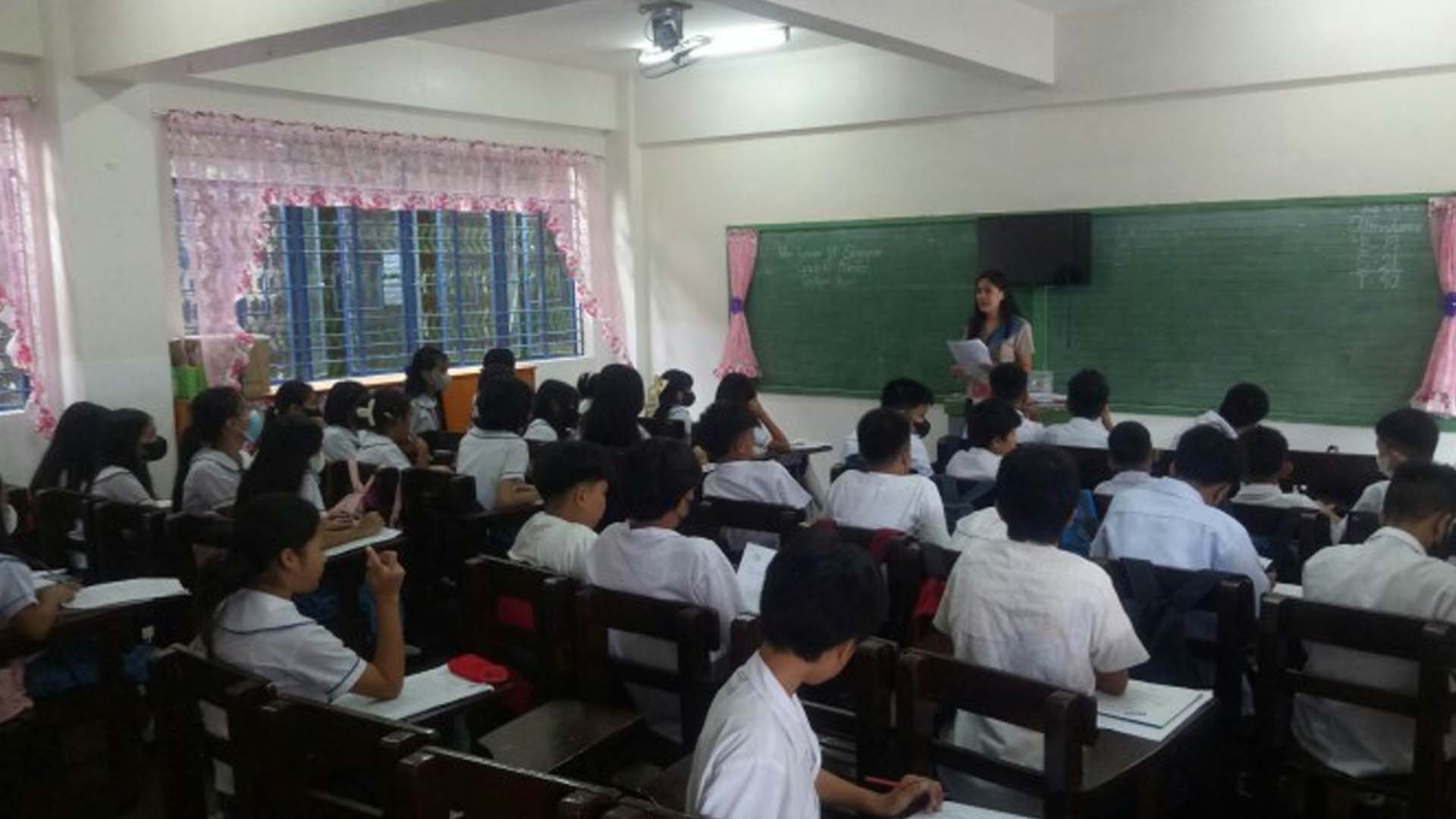The Legislative-Executive Development Advisory Council (LEDAC) has called for the passage of the Academic Recovery and Accessible Learning (ARAL) Program Act by June this year.
In a statement on Tuesday, the National Economic and Development Authority (NEDA) said the proposed bill, which is included in LEDAC’s list of 20 priority bills that should be passed by June, would help recover students’ learning losses during the pandemic and raise the quality of education in the country.
The ARAL Program Bill, filed by Senator Sherwin T. Gatchalian, seeks to establish a national learning intervention program with the two-fold objective of helping learners catch up with the required standard of their respective grade levels while accelerating the recovery of the learning losses incurred during the pandemic.
LEDAC serves as a consultative and advisory body to President Ferdinand R. Marcos Jr. on programs and policies essential to attaining the country’s socioeconomic goals.
Improving access to quality education is one of the priorities included in the Philippine Development Report 2023.
“No less than fundamental transformation is required in our education sector to address longstanding issues that have resulted in low productivity and job mismatches for our workers,” NEDA Secretary Arsenio M. Balisacan said.
“Considering the dizzying pace of technological developments, we have no time to waste if we want to ensure that Filipinos can realize their full potential. Our students need all the support they can get – not just to regain lost ground, but also so that they can adapt to the emergence of new tools in an increasingly complex world.”
Balisacan cited the need to immediately implement the needed interventions to allow students to participate and benefit from the envisioned socioeconomic transformation.
The House of Representatives unanimously approved its version of the ARAL Program bill on Monday.
LEDAC’s other priority bills are the Anti-Agricultural Economic Sabotage Act; Self-Reliant Defense Posture Revitalization Act; Philippine Maritime Zones Act; Real Property Valuation and Assessment Reform Act; Philippine Ecosystem and Natural Capital Accounting System; Negros Island Region; Anti-Financial Accounts Scamming Act; Value-added tax on Digital Services; Amendments to the Government Procurement Reform Act; Blue Economy Act; and Waste-to-Energy Bill.
Other priority bills are the Mandatory Reserve Officers’ Training Corps; Unified System of Separation, Retirement and Pension of Military and Uniformed Personnel; E-Government Act; Department of Water Resources; Corporate Recovery and Tax Incentives for Enterprises Maximize Opportunities for Reinvigorating the Economy bill; Enterprise-Based Education and Training Program Act; Open Access in Data Transmission Act; and Amendments to the Universal Health Care Act. (PNA)







